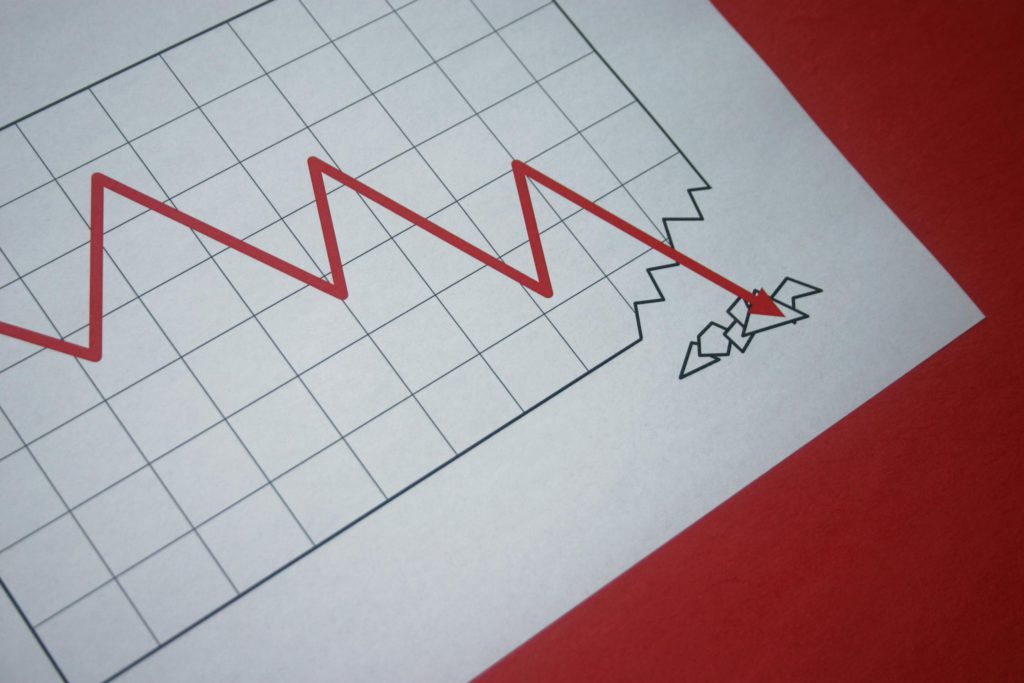Auto Trader sees shares fall despite profit rise as doubts in UK car market surface
09 June 2017

09 June 2017
Vehicle sales advertising group Auto Trader has seen its shares fall 5.9% despite announcing a pre-tax rise in profits of 23% to March 2017, as economic anxieties and a glut of used cars affects the vehicle trading group.
The company, which is listed on the UK’s FTSE 250, saw profits grow from £155 million (€177 million) to £193 million (€220 million), while revenues rose by 9% to £311 million (€355 million). However, the group is suffering from industry-wide pressures, despite offering what some analysts call an essential service to dealers.
While doubt remains over the industry as a whole, with the economy suffering and a rush for registrations before April’s vehicle tax hike, new car sales look likely to fall in 2017. While this may not affect the sales of used cars in the short term, there could be fewer available on the market over time. An increase in used cars could also squeeze retailer profits, affecting independent dealerships, a mainstay of Auto Trader’s customer base.
Trevor Mather, chief executive of Auto Trader, comments: ′The group has delivered another year of strong growth, as consumers spend more time researching their next car purchase online and less at physical dealerships.’
The site has seen a rise in the number of prospective car buyers spending time on the site, with the number of minutes spent on its platforms increasing by 12% to 582 million per month. However, the number of individual vehicle adverts viewed rose by only 2% to 247 million per month. The number of retailer forecourts, a measure of how many advertisers are using the site, fell 2% to 13,296.
In May 2017, vehicle sales in the UK fell by 8.5% year-on-year, according to data by the SMMT. A statement says: ′186,265 new cars were registered in the month, with business purchases driving the market, up 20.1%, to offset declines from private and fleet buyers.’
Meanwhile, there is also a shift in the attitudes of consumers when it comes to fuel, as more customers appear to be out looking for a petrol car than has been the case in the past couple of years. This means there has been a slight increase in the number of diesel vehicles being part exchanged for some dealers, while sourcing petrol vehicles to help sales has become the preoccupation of many trade buyers.